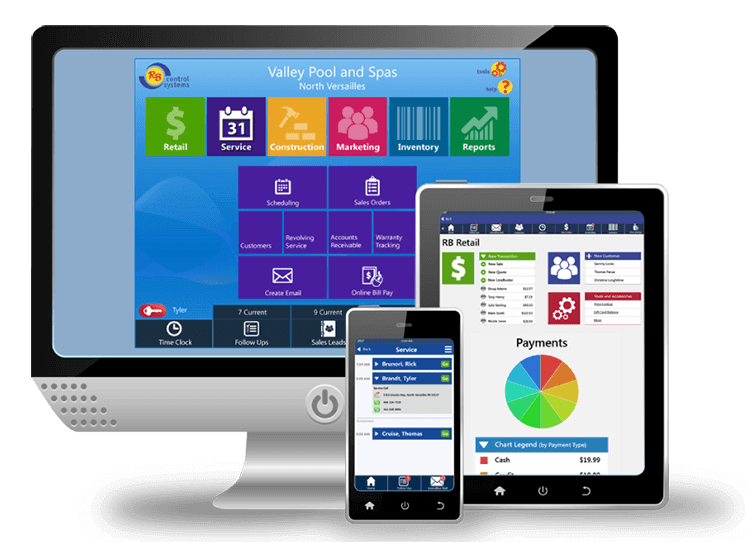Why Creating a Marketing Plan is Important
Companies that are successful in marketing invariably start with a well thought written marketing plan. It may be half a dozen pages or three dozen pages, or more. Things change, markets evolve, and customers come and go so your plan should be done in advance for one year.
What are your goals? Do you want to attract new customers? Do you want to bring in existing customers two additional times per season? Do you want to sell a specific high margin item or a new item? What kind of gross sales and profits do you want to achieve? Setting your goals and objectives should be the first step in the plan.
What should your marketing budget be? Some say 3% or 5% of gross sales and others say a percentage of gross profit. I like to work with 5% of gross sales as my budget. You may also want to plan on how you will diversify your budget. Decide how much should go into spa sales, pool sales, supplies or building service routes and how much should be spent on print, radio, direct mail or other media.
What kind of marketing should you do? Research all that are available in your market area: Newspaper, tabloids, magazines, radio, television, billboards, community publications, etc. Determine what you should do to increase sales of existing customers with respect to direct mail, e-mail campaigns and social interaction. Don’t forget about pay per click internet advertising and social media to drive people to your store and web site. A good mix is the best plan to reach the widest range of customers. Contact your advertising representatives and learn about the demographics associated with our type of industry and their geographic areas. Pick their brain and get all the information they have with respect to statistics and costs that will help you make decisions when developing your plan.
Don’t forget to include events, home shows, cross promotions and other special sales in the plan. These need to be well thought out and organized with respect to labor costs, advertising, product promotions and budget. These are all a part of marketing your business.
You can’t do a marketing plan without getting people involved. No matter what your size, get feedback from all of your key people who work directly on the front line with the customers. Ask them their opinion: What has worked in the past to bring in new customers? To increase shopping visits from existing customers? What actually increased sales at the counter? What did not work? They can also provide input on what advertising works on them in their personal lives since live in the communities that your business serves.
When finished, present the plan to your staff so everyone knows your goals, expectations and are well aware of the marketing in place. After all, they are an integral part of making the end results of the plan successful.
Executing the plan has its challenges. Set up a 3-ring binder and refer to it often. Follow it religiously. Set up a section to keep a copy of all ads, coupons and graphics and do a quick report on the outcome of each one. What were the resulting gross sales? What were the net profits after advertising expense? How many new customers did it bring in? Did it bring existing customers in? Did it meet the goals I set? This information on record will help you make important decisions for future marketing.
When should you stray for the plan? If you realize that something did not produce profitable results and you have more of the same planned, make a change. Divert the budgeted money to something that is working. It may be a form of media, or a particular ad that is not effective. Don’t spend good money after bad. For this reason, it is also good to keep in touch with your key personnel and ask for feedback on a regular basis. If you do scheduled staff meetings, add marketing discussions to the standard agenda.
One more thing, many of your advertisers will occasionally need to fill spots quickly. They will offer a huge discount if you will take the space. Plan for those great deals in your budget so when the time comes, you can afford it without going over budget. Don’t do it if it is not in line with your goals, but if it is right for you, take advantage of the savings.




